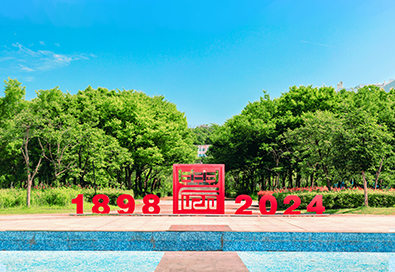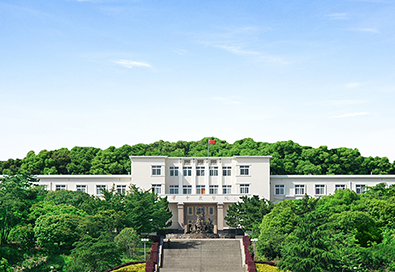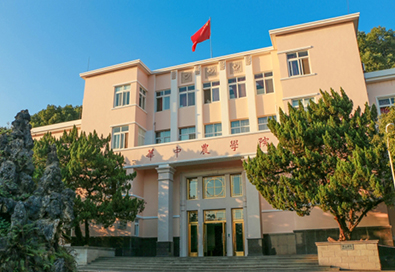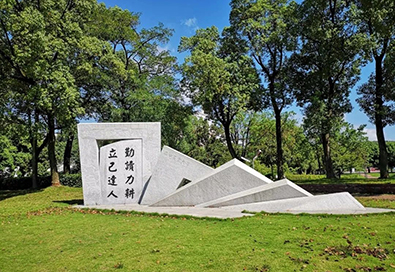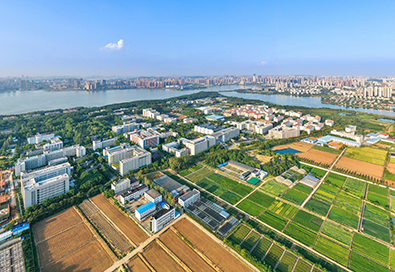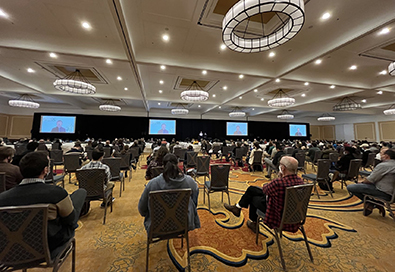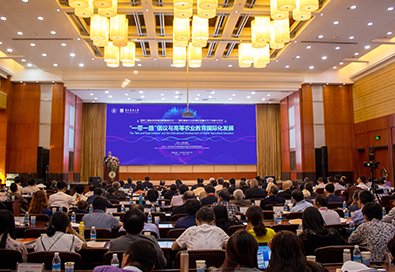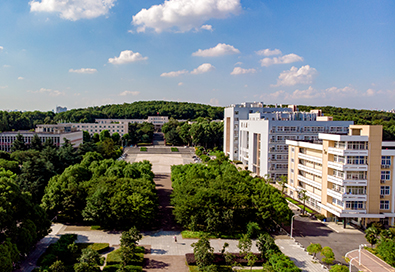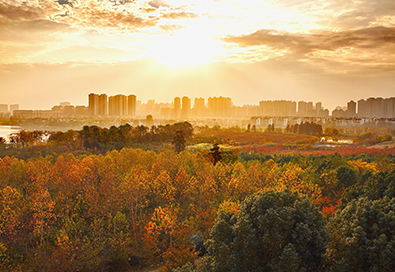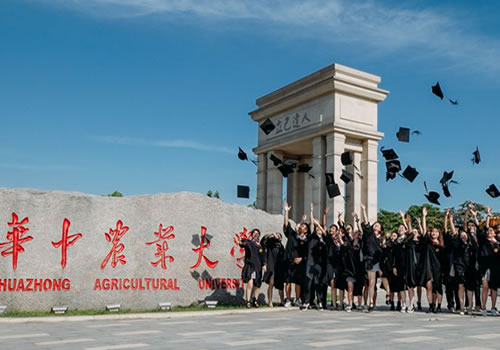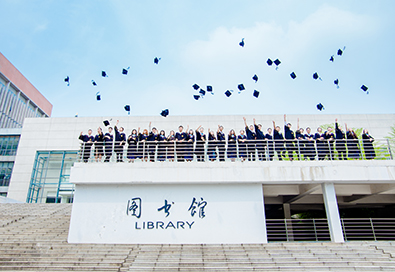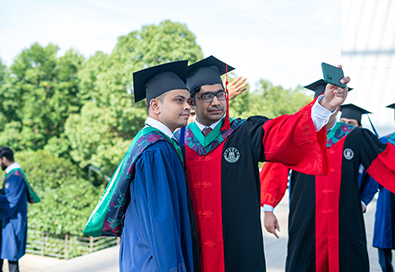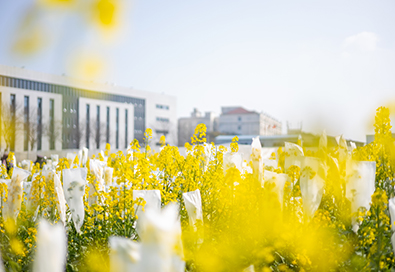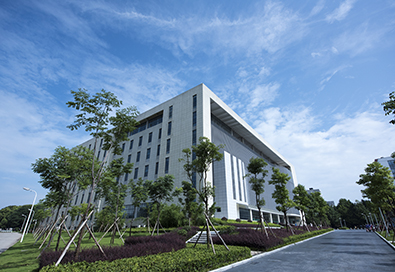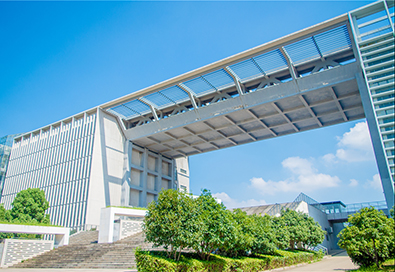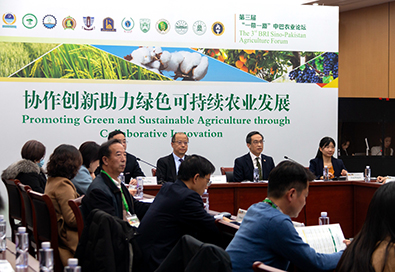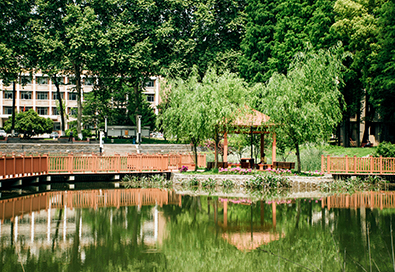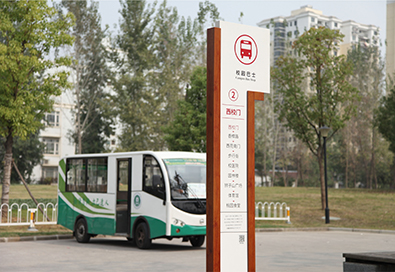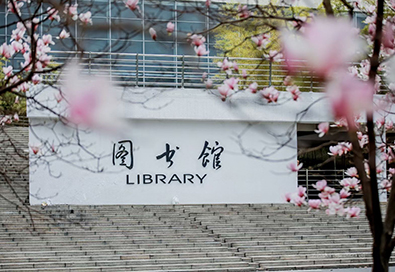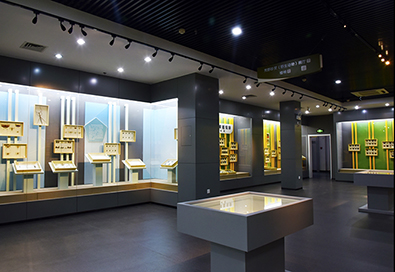The College of Food Science and Technology at Huazhong Agricultural University (HZAU) recently organized 19 volunteer teams of over 200 undergraduates and PhD students, to carry out the "Food Safety and Nutrition" volunteer service campaign in Hubei province.
The volunteers traveled to local communities, schools, supermarkets, rural areas and enterprises all over the province to disseminate knowledge about food safety and nutrition. They also publicized information about rural revitalization and Yangtze River protection.
Wang Chengming, a professor at the College of Food Science and Technology of HZAU, led a volunteer team to a food industry cluster in Wuhan to give a lecture on food safety and hygiene regulations and standards.
He explained food safety-related laws, regulations and standards, and spoke about common issues in food production. "Food safety is the bottom line," Wang emphasized in his lecture.
Cai Zhaoxia, a professor at the College of Food Science and Technology of HZAU, and Fu Xing, an associate professor at the same college, led another team to Hubei Kanglinong Biotechnology Co Ltd. Cai proposed feasible solutions to the egg product industry's difficulties, addressing the company’s technical problems.
During the visit, the team members gained a deep understanding of the integration of industry, university and research, especially how they complement each other.
In all, the team members visited 36 enterprises, establishing social practice bases in companies like Hubei Anjing Food Co Ltd, Jiami Food (Hubei) Co Ltd, and Hubei Jiajiahui Trading Co Ltd.
One volunteer team also went to the Longchuandiao community in Enshi prefecture, Hubei province, to teach residents about food safety, food storage and disease prevention during flood seasons. At a daycare center in Fangyingtai community, in the city of Wuhan, they conducted a lively sugar reduction and control class for children.
"Through this class, I learned how closely sugar is related to our lives and the importance of controlling sugar intake, so I decided not to drink milk tea for a week," a child said after taking the class.
A total of 167 science popularization lectures have been given by the volunteer teams so far. The audiences include community residents, students and business staff members.
The volunteers also visited Yeluzhou Vegetable Demonstration Plantation to explore smart agriculture. The plantation has adopted cutting-edge technology such as spiral hydroponics with higher efficiency and water and fertilizer costs.
At the Qi'ai Industry Research Institute, the members gained a broader understanding of the applications of moxa and a deeper appreciation for the integration of modern moxibustion technology and traditional Chinese medicine.
In addition, the volunteers recorded their experiences with cameras and spread them among the public. With vlogs, science popularization short videos and new accounts on multiple social media platforms, the team members positively influenced the society with their professional skills.
A nationwide initiative, the "Food Safety and Nutrition" volunteer service campaign has been held for eight consecutive years. This year, 84 volunteer teams from 56 universities, including China Agricultural University, participated. They conducted research in fields and villagers' homes, popularized information about food safety and nutrition and the concept that "food safety is everyone's responsibility".

